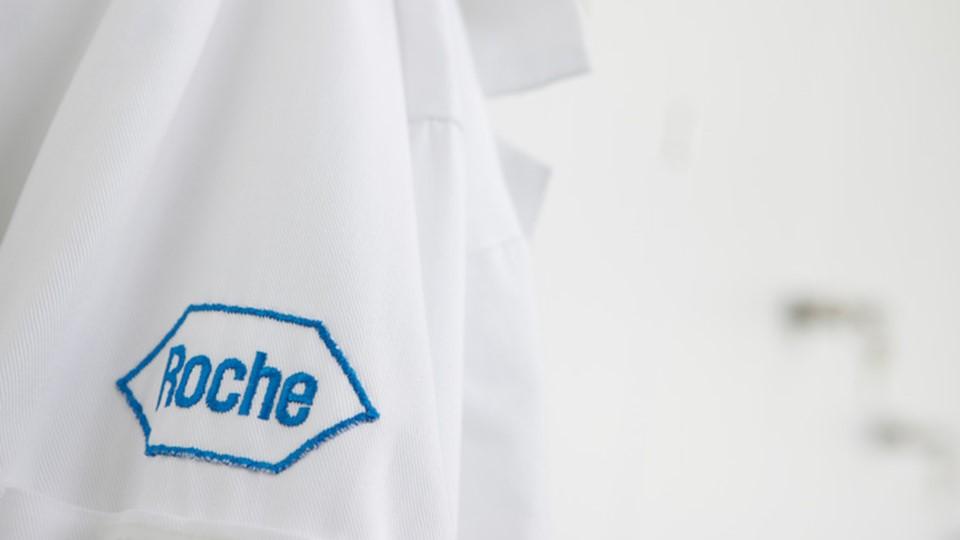Roche builds in obesity with $5.3bn Zealand licensing deal

Roche has parted with $1.4 billion upfront to secure rights to an obesity candidate developed by Zealand Pharma, taking its tally of weight-loss candidates in clinical development to five.
The massive deal – which includes another $250 million over the next two years and could be worth up to $5.3 billion to Denmark-based Zealand if clinical and sales milestones are achieved – focuses on long-acting amylin analogue petrelintide, which recently generated positive results in a 16-week phase 1b trial, including a near 9% weight loss over 16 weeks at the highest dose.
Roche's move for the asset comes shortly after Zealand started the phase 2b ZUPREME-1 trial of petrelintide in people overweight or obese, and ahead of the ZUPREME-2 study in overweight or obese subjects and type 2 diabetes (T2D) in the latter half of 2025.
Roche is playing catch-up in the obesity category to runaway market leaders Novo Nordisk and Eli Lilly – which currently have what is essentially a duopoly – with their blockbuster Wegovy (semaglutide) and Zepbound (tirzepatide) products.
Its current pipeline of obesity drugs are mostly derived from its $3.1 billion takeover of Carmot Therapeutics in 2023, and include oral GLP-1 agonist RG6652, once-weekly injectable GLP-1 and GIP agonist RG6640, and daily injectable GLP-1/GIP agonist RG6641.
RG6652 (CT-966) and RG6640 (CT-388) are in phase 1 and phase 2 testing, respectively, for obesity with and without T2D, while RG6641 (CT-868) is in phase 2 as an adjunct to insulin in overweight or obese type 1 diabetes (T1D) patients.
Also in early-stage clinical testing is RG6237, an anti-latent myostatin drug designed to minimise lean muscle loss when given alongside other weight-reducing therapies.
Bringing petrelintide on board adds another string to Roche's obesity bow, as developers look increasingly towards using combinations of drugs with different modes of action to enhance their efficacy.
Novo Nordisk is also looking at amylin with its CagriSema (cagrilintide and semaglutide) therapy – which has now disappointed in two phase 3 clinical trials – as well as oral drug amycretin, which combines GLP-1 and amylin agonism and achieved up to 22% weight loss in a phase 1b/2a trial.
Under the terms of its deal with Zealand, Roche will co-develop and co-commercialise petrelintide monotherapy and potential combination products, including petrelintide with RG6640, in the US and Europe. Profits and losses will be shared on a 50/50 basis in those regions, with Zealand in line for royalties elsewhere.
The Danish company's chief executive, Adam Steensburg, said Roche is the "ideal partner" for petrelintide, which he believes can become "a foundational therapy for weight management."
The company already has a $395 million partnership in place with Boehringer Ingelheim covering survodutide, a long-acting glucagon/GLP-1 receptor dual agonist, which dates back to 2011. Survodutide has shown promise as an obesity therapy – it is now in phase 3 – as well as in metabolic dysfunction-associated steatohepatitis (MASH).












